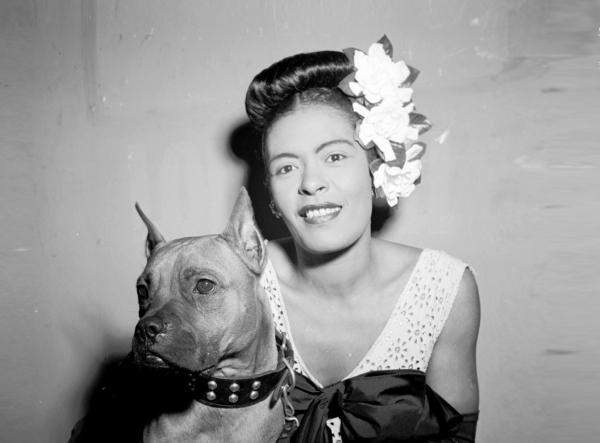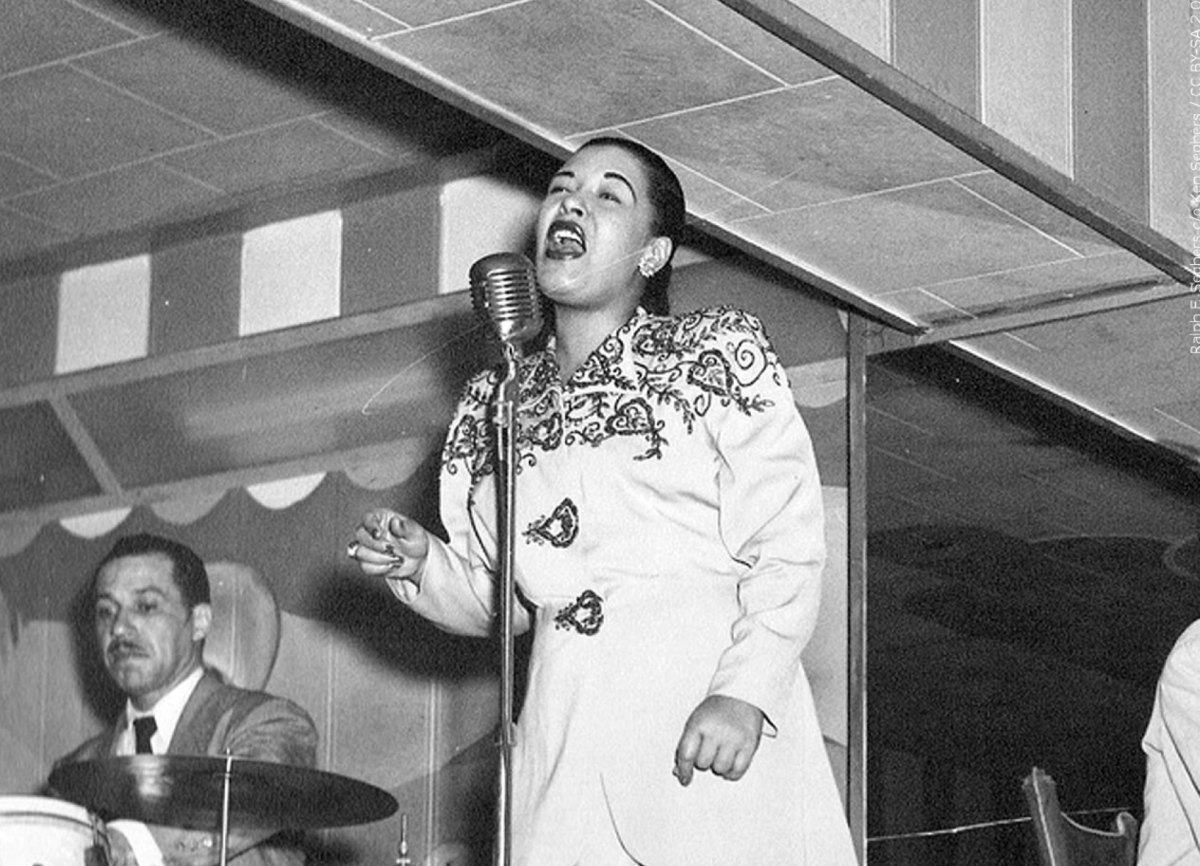A saxophone whispering the secrets of the soul, a piano glissando of lovers dancing on a moonlit street, trumpets sounding the heartbeats and heartbreaks of the world, guitar strums telling the story of our existence. Jazz is poetry that gives space to leave you emotionally unbounded, an invitation to lose yourself to the music.
Emerging from the late 19th century, jazz has been embraced as a musical genre — but more than just music to be heard: music to be felt.
“Jazz is a lot of different things to different people,” said Dr. Don N. Parker, chair and professor of percussion at GC. “I think of jazz as a combination of various aspects of music that has stemmed from either African culture or from the European culture. The African culture is rhythm and some sense of improvisation from the European culture. We have the essence of form and harmony and structure that exists.”
The feeling of jazz has been difficult to put into words because of how much the genre encompasses.
“The feeling you get when you hear a jazz artist, the feeling you get when you hear someone play a particular style that you cannot write down, that is when it’s jazz,” Parker said.
Historically, jazz has stemmed from a combination of various forms of music that has come together based upon slavery, commerce and the need for people wanting entertainment.
“In the early years of jazz, artists were not as trained,” Parker said. “It was more of a collective approach towards improvisation and port jazz, a big part of jazz. Then, you see more sophistication occurring, with jazz having its origins in New Orleans, and moving north to the various cities, like Chicago, New York, Kansas City, the coast. That’s where you see a change in the music.”
The sophistication of jazz further developed when artists began to personalize it, especially in the 1940s, when there began to be more individualism in the nation. As artists grow themselves, so does their music.
“Jazz gives you a lot of opportunities to express yourself,” Parker said. “Everyone gradually moves from different spaces, different times, in terms of where they are going, what they’re representing. You may not be the best musician, but you may add the most interesting form and color and expression to your music.”

Parker discusses classic musicians, like Diane Reeves, Ella Fitzgerald and Billie Holiday.
“Her music has more of those things that show the pain and expression that she’s experienced,” Parker said. “You hear it, and it’s not always the prettiest thing, but, man, it makes you feel. It makes you understand where she’s coming from, with the lyrics.”
A genre that has existed for years and remains part of our culture and history, jazz has mellowed out until recently. In the 2016 American musical-romance film “La La Land,” which won numerous awards and tenderly remains in the hearts of people today, jazz is significant to the plot of the film.
“It’s conflict, and it’s compromise, and it’s just… it’s new every time,” said Sebastian Wilder, the male main character of the film, played by Ryan Gosling.
In addition, the jazz artist Laufey broke the Spotify record of recording the biggest first day for a jazz album in history, with 5.7 million day-one streams and still sitting comfortably on the all-genre Billboard 200 for her album “Bewitched.” For a genre that has been seen as declining commercially, Laufey’s musical success has been seen as a reemergence of jazz in mainstream music.
Homage is often paid to the jazz artists that have come before, which can be found in newer jazz music, like Laufey’s.
“I think she is so popular because she has kept an aspect of classical jazz, but also, the lyrics are similar to our generation’s aspect in love and daily life,” said Arleni Garcia, a senior biology major. “The music is special because I can listen to it anytime and feel like I’m in some type of fairytale. I identify with her music because her lyrics are deep and can stimulate deep thoughts regarding relationships and just life in general.”
Jazz will only continue to transform as time and life continues, being shaped by an individual’s personal experiences. The aspect of the genre that has remained unchanged throughout the years has been the feeling of an intimate conversation between the instruments and the audience. Jazz is a storyteller that makes us feel the vibrant nature of our emotions that make us human.


